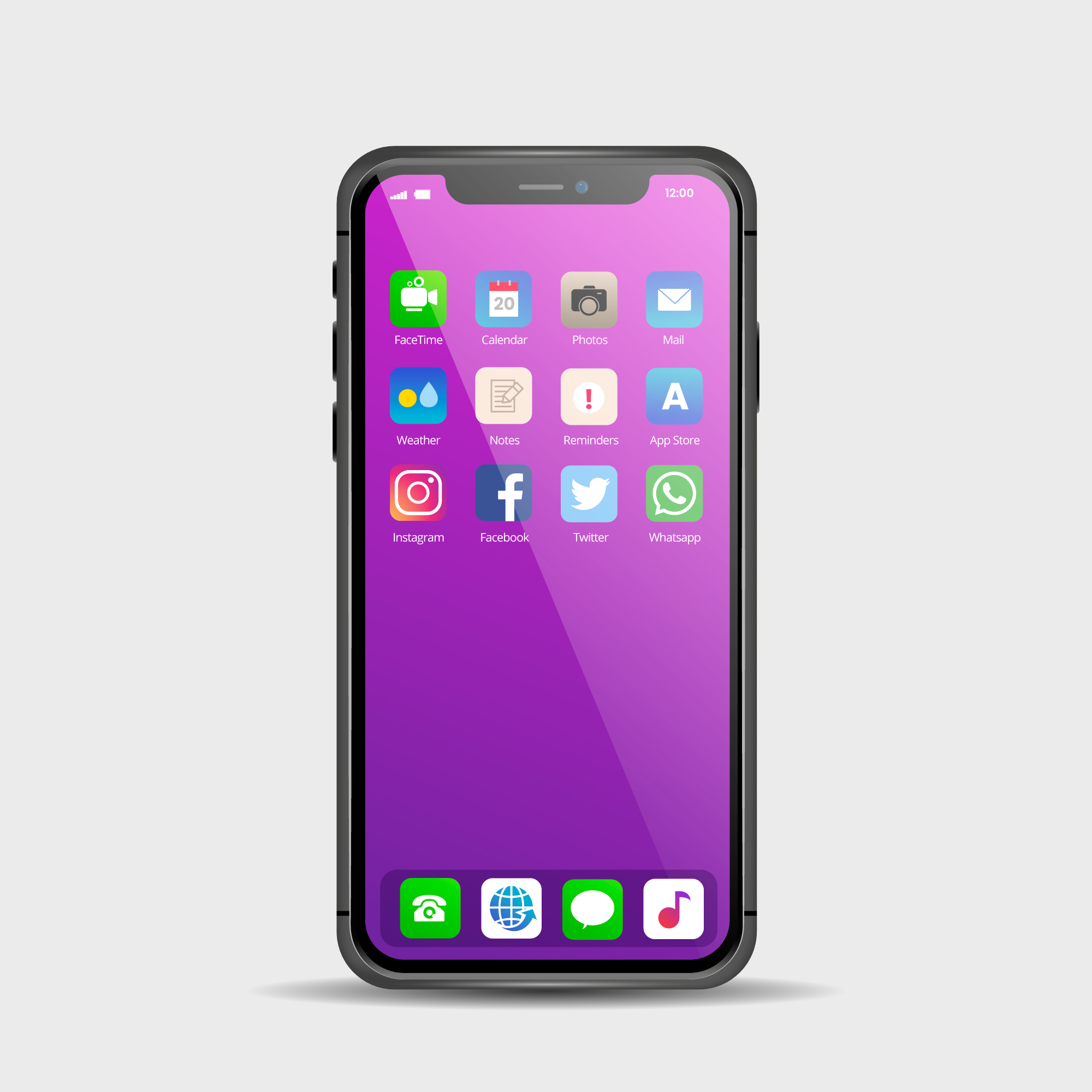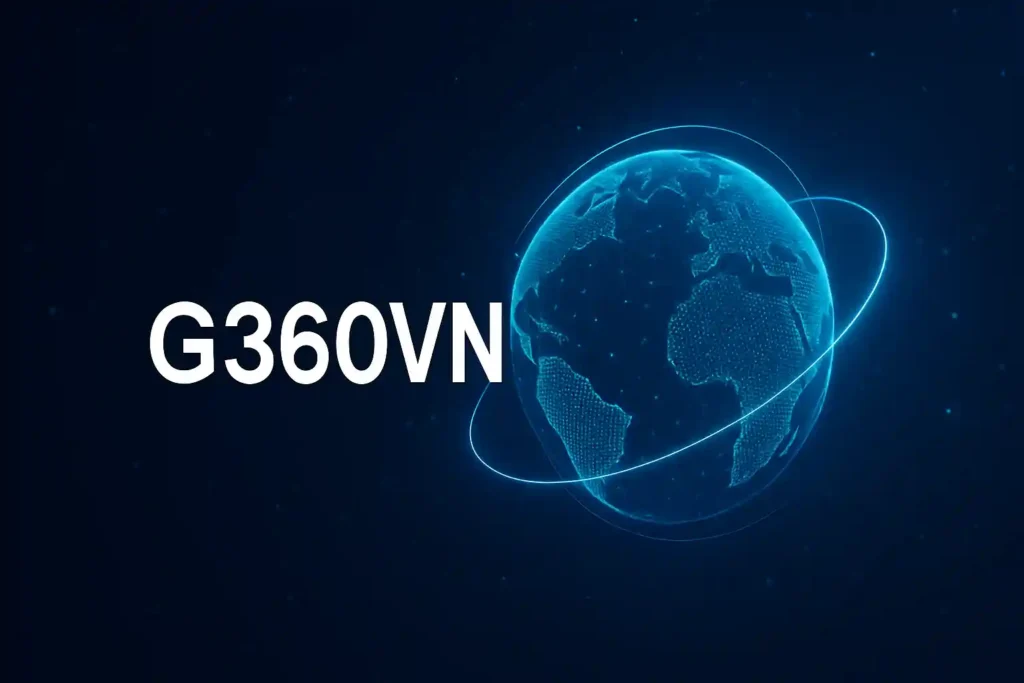Let me be real with you. I’ve always loved Apple products. The seamless interface, the iconic design, the fact that everything just works. But as someone who’s built apps, paid fees, and tried to compete in the digital marketplace, I’ve also felt the pain of dealing with Apple’s App Store. And I’m not alone.
For years, Apple has maintained an iron grip on how apps are distributed on iPhones and iPads. If I wanted to publish an app, I had to go through the App Store. If I charged for it, Apple took 30% right off the top. Even if my app had in-app purchases, guess what? Apple still wanted a cut. And there were no alternatives.
This was the case until a recent, groundbreaking legal decision shook the tech world.
Agitation: Why This Lawsuit Mattered to Me
When Epic Games, the maker of Fortnite, took Apple to court, I paid close attention. It wasn’t just about a video game or two tech giants battling it out. It was about fairness. It was about giving developers like me — and consumers like you — more freedom and better pricing.
Epic challenged Apple’s policy that forced all digital purchases to go through the App Store’s payment system. That meant I couldn’t link to my own website or payment processor within my app. Apple called it a security issue. I called it a power move.
According to court documents, Apple generated over $19 billion in revenue from the App Store in 2020 alone. That’s not chump change. And they argued that this control over payments was necessary to maintain quality and security. But as someone who’s jumped through their hoops, I know how often the rules feel arbitrary.
Related :US judge rules Apple violated order to reform App Store
Let’s be honest. Apple wasn’t just protecting users. They were protecting their profits.
Solution: Court Says Apple Overstepped
Fast forward to 2024. After years of appeals and legal back-and-forth, the U.S. Supreme Court declined to hear Apple’s final appeal, effectively letting a lower court ruling stand. The court said Apple could no longer prohibit developers from directing users to alternative payment methods outside the App Store.
This is huge. It’s not just a win for Epic Games. It’s a win for me, for indie developers, for subscription services, and for anyone who has ever felt boxed in by Apple’s rules.
Let me break it down:
- I can now include links in my app to my own website for payments.
- I can offer lower prices since I don’t have to factor in Apple’s 30% cut.
- I have more freedom to market and sell directly to users.
This is a rare case where the little guy gets a seat at the table. And while Apple still has a lot of power, this ruling chips away at their total control.
What This Means for Developers Like Me
I’ve built apps that were rejected without clear reasons. I’ve waited weeks for approval. I’ve paid that 30% tax on every sale. So when I read the court decision, it felt personal.
This ruling gives me — and thousands of others — new options. I don’t have to accept Apple’s terms blindly. I can now test out alternative business models. Maybe I set up a subscription directly on my site. Maybe I offer discounts that weren’t possible before. The point is, I have a choice.
According to Sensor Tower, Apple’s App Store hosted over 1.8 million apps as of 2023. That’s a massive ecosystem. But it’s also a crowded and tightly controlled space. This legal shift makes the marketplace a little more open, a little more fair.
What This Means for You as a Consumer
If you’re like me, you’ve probably paid more for apps or subscriptions than you should have. Maybe you signed up for a service on your iPhone, only to find out later that it’s cheaper on the web. That’s because developers had to inflate prices to account for Apple’s cut.
With the court’s decision, you’ll start seeing more apps offering direct payment options. That could mean lower prices, better deals, and even exclusive content. It also means more transparency — you’ll know where your money is going.
This ruling also encourages innovation. Developers can now experiment more freely, which means you get better apps and services.
Apple’s Response: Damage Control Mode
Apple isn’t taking this lying down. After the ruling, they issued new guidelines that technically allow linking to external payment options — but only under very strict conditions. For example, the links must follow a specific format, use Apple-approved language, and can’t resemble Apple’s in-app payment system.
Apple Dealt Stinging Court Defeat on App Store Sales Commissions
They’re also still taking a “commission” for some external transactions, depending on how the user journey flows. In other words, they’re finding ways to keep their revenue stream intact.
So while the court ruling was a major win, it’s not a full-blown revolution. It’s more like a crack in the wall — and now it’s up to us to push harder.
Case Studies: Epic Games, Spotify, and Match Group
Let’s talk real-world examples.
Epic Games
This whole saga started when Epic Games introduced a direct payment option in Fortnite, bypassing Apple’s system. Apple promptly removed Fortnite from the App Store. Epic sued, claiming antitrust violations. The case dragged on for years, but it eventually forced a critical look at how Apple exerts control.
Epic Games is launching webshops to allow developers to circumvent app store fees after new ruling
Epic’s CEO, Tim Sweeney, argued that Apple’s practices were anti-competitive. And the court agreed — at least in part. While Apple was not labeled a monopoly, their restrictions on external payments were deemed too restrictive.
Spotify
Spotify has long criticized Apple’s policies. As a music streaming competitor to Apple Music, Spotify argued that Apple used its control to favor its own services. In 2019, Spotify filed a complaint with the European Commission. That case is still ongoing, but it highlights the global scope of the issue.
Spotify wants to be able to tell users about deals or subscriptions without paying Apple a cut. This ruling in the U.S. strengthens their case.
Match Group (Tinder)
Match Group also went public with complaints against Apple. They claimed that Apple’s fees made it difficult to innovate or offer promotions. Like Spotify, they want the freedom to engage users directly without giving Apple a slice of the pie.
These are not small companies. They have the resources to fight back. But what about smaller developers like me? This ruling gives us hope that change is possible.
The Road Ahead: More Challenges, More Changes
This decision isn’t the end of the road. Apple will likely tweak its rules again. There will be new lawsuits, new appeals, and maybe new legislation. But for now, the tide is turning.
I plan to start testing out direct payment links in my own apps. I want to see how users respond, what conversion rates look like, and whether the freedom really leads to better results. I’m also keeping a close eye on how Apple enforces its new rules.
We’re in uncharted territory, but it’s exciting. For once, it feels like the playing field is starting to level out.
Final Thoughts: Power Back to the People
I’ve lived through the frustrations of dealing with the App Store. I’ve lost money, time, and energy trying to meet Apple’s demands. This court decision gives me a sense of empowerment.
It tells me that no company, no matter how big, is above the law. It tells me that developers have a voice. And it tells me that users deserve transparency and choice.
The fight isn’t over, but the first battle has been won.
If you’re a developer, start thinking about your next move. If you’re a user, watch for changes in how your favorite apps handle payments. And if you’re like me — someone who cares about fairness in tech — this is a moment worth celebrating.
Change is coming. And for once, it’s coming from the bottom up.


